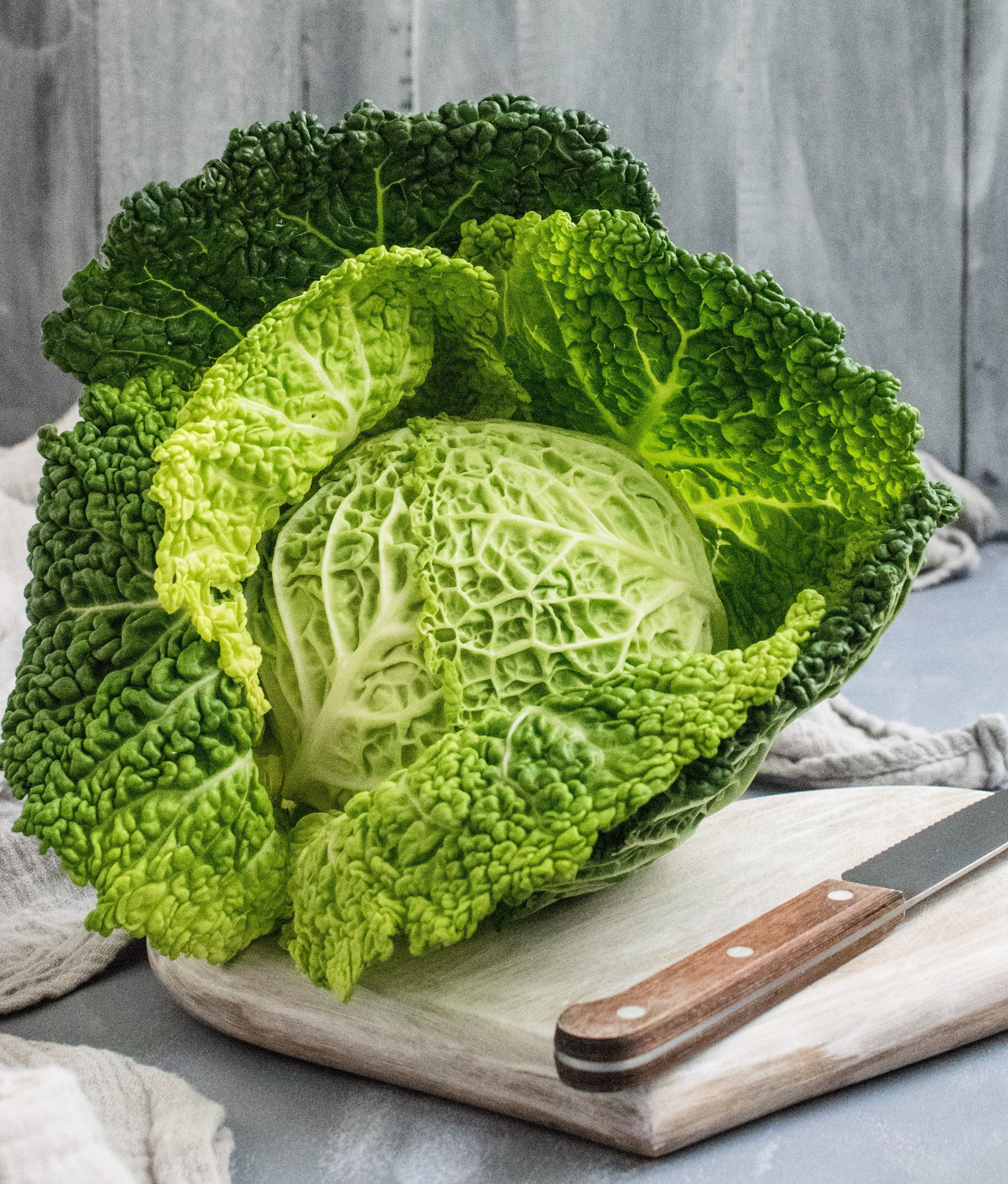HORMONES – PREMENSTRUAL SYNDROME PART 1
Premenstrual syndrome/tension (PMS, PMT) in an umbrella term for various symptoms that many women of childbearing age experience before periods.
It is poorly understood condition and often dismissed by the medical profession, but it can seriously affect women’s quality of life.
What are the symptoms of premenstrual syndrome?
| Emotional | Behavioural | Physical |
| Tension | Appetite changes and food cravings | Weight gain related to fluid retention |
| Anxiety | Trouble falling asleep | Breast tenderness |
| Low mood | Social withdrawal | Abdominal bloating |
| Crying spells | Poor concentration | Joint or muscle pain |
| Mood swings | Acne flare-ups | |
| Irritability | Fatigue | |
| Anger | Headaches | |
| Constipation or diarrhea |
What causes premenstrual syndrome?
The cause is not poorly understood, but several factors may contribute:
- Imbalance in hormones.Signs and symptoms of premenstrual syndrome change with hormonal fluctuations and disappear with pregnancy and menopause.
- Chemical changes in the brain.Fluctuations and low levels of serotonin, a brain chemical (neurotransmitter) that is thought to play a crucial role in mood state and may contribute to premenstrual depression, as well as to fatigue, food cravings and sleep problems.
What can you do to help?
Many symptoms can respond to lifestyle changes. (hyperlink to rcog.org.uk) There are many things that YOU can do to promote the hormone balance:
- Food and drink – a healthy, balanced diet is key to overall wellbeing, not just PMS.
- Increase fiber in your diet from vegetables, fruit, nuts, seeds, beans, and whole grains. Two tablespoons of ground flax seeds a day are especially helpful in correcting constipation and balancing hormones.
- Increase omega-3 fats by eating more wild fish like mackerel, sardines, herring, and wild salmon, as well as omega-3 eggs and walnuts.
- Reduce trans and hydrogenated fats (mainly found in processed foods like biscuits and ready meals).
- Reducing salt intake may reduce fluid retention.
- Reducing refined carbohydrates, sugar and processed foods will help balance blood sugar levels and may help with mood swings.
- Reducing caffeine (tea, coffee, cola, cocoa, chocolate etc) can help with breast tenderness. Try peppermint tea and chamomile tea instead.
- Reducing alcohol intake may help with tiredness and sleeping difficulties.


- Rest. Try abdominal breathing (hyperlink to guysandstthomas.nhs.uk) or meditation (hyperlink bemindfulonline.com), even if it is only 10 minutes a day. Review and free up your diary to allow time to rest and relax. Prioritise yourself, work on your boundaries and learn how to say no.
- Exercise. Women who exercise regularly say they experience fewer PMS symptoms.
- Try doing 30 minutes of exercise every day of something (that includes walking and taking the stairs).
- Choose something that you enjoy, may be a dance class or a swimming lesson.
- Consider including mind-body practices like yoga and tai chi. For long-lasting balance.
- Sleep – getting enough (8 hours/night) sleep is essential to keep your hormones balanced. Prioritise your sleep and follow sleep hygiene rules (hyperlink beh-mht.nhs.uk)
- If you are having trouble.
- Environment – reduce hormone mimicking substances in your environment
- Eat organic food whenever possible, especially animal products and “the dirty dozen” fruit and vegetables.
- Switch to minimal ingredients, organic beauty products to avoid hormone-disturbing chemicals like phthalates.
- Swap plastic bottles and food containers for glass (especially if you heat you food up in them) to reduce your exposure to BPA, another hormone mimicker.
Are there ways to cope whilst my hormones are rebalancing?
- Observe your symptoms: The more you observe and tune into your body, the more you get to understand what is happening. This may relieve some of the anxiety and make you feel empowered.
- Record the symptoms. It may be useful to keep a symptom diary and a period calendar (hyperlink srfmr.org) . Note the days you feel irritable, low, or anxious, or experience any other PMS symptoms and the relationship to the start of the period. Once you see a pattern, you can choose take extra rest and sleep when symptoms are expected.
- Talk about your symptoms with your family, friends or partner. It will help them to understand how you are feeling and make you feel supported.
When will I feel the difference?
Due to the cyclical nature of PMS, it may take 2-3 cycles to assess whether any treatments/interventions had an effect. Try to stay patient and hopeful. There are many ways to help and it is a matter of finding the best treatment strategy!
The most effective approach to treating PMS naturally generally includes a combination of the above lifestyle modifications and an individual prescription of homeopathic remedies and herbal and nutritional supplements. For help with managing PMS naturally, please contact 01962 856310 or email enquiries@thenaturalpractice.com to book an appointment.
Distressed Photo by Nick Karvounis on Unsplash
Vegetable Photo by Monika Grabkowska on Unsplash
Rest Photo by Jacob Townsend on Unsplash



